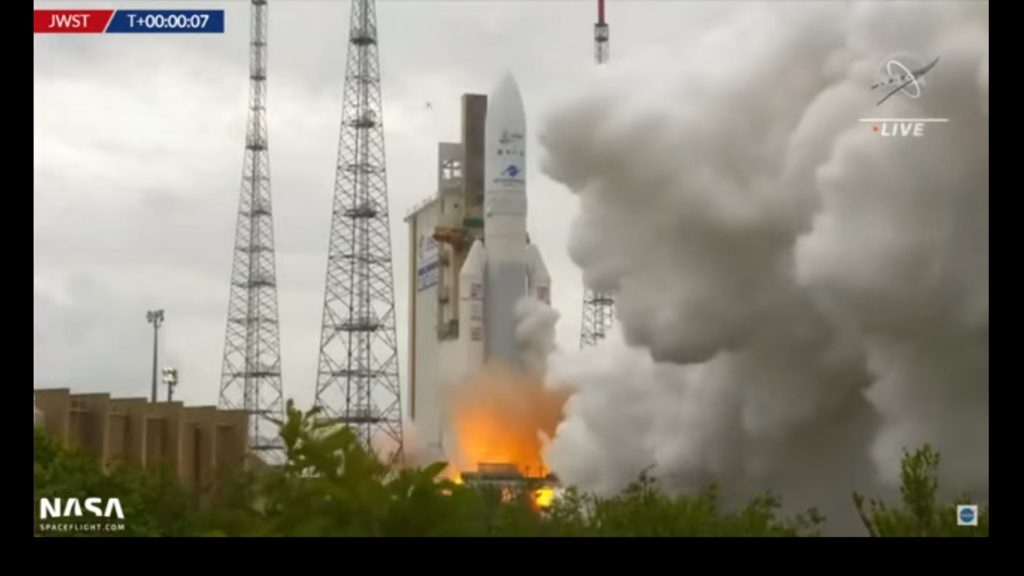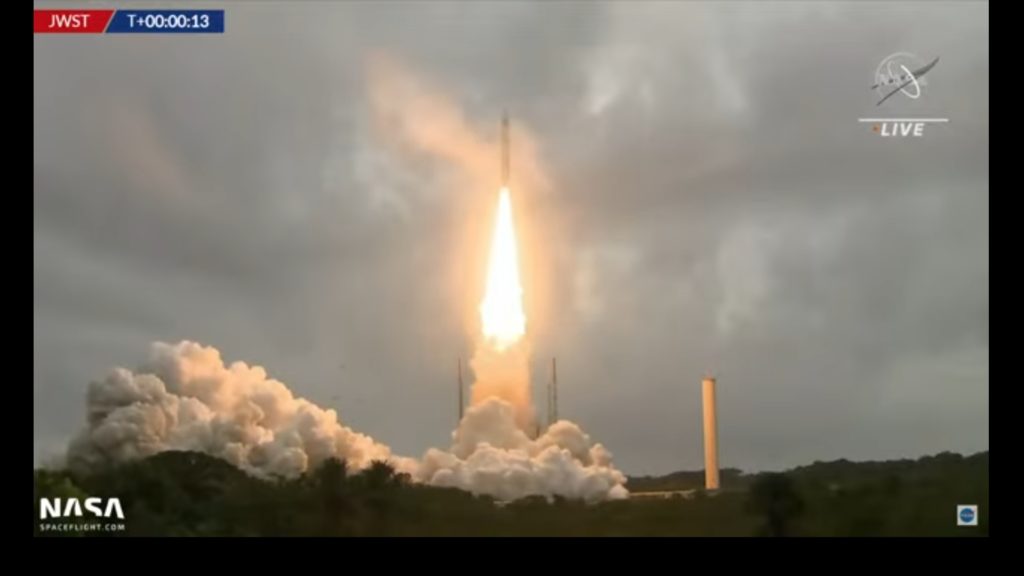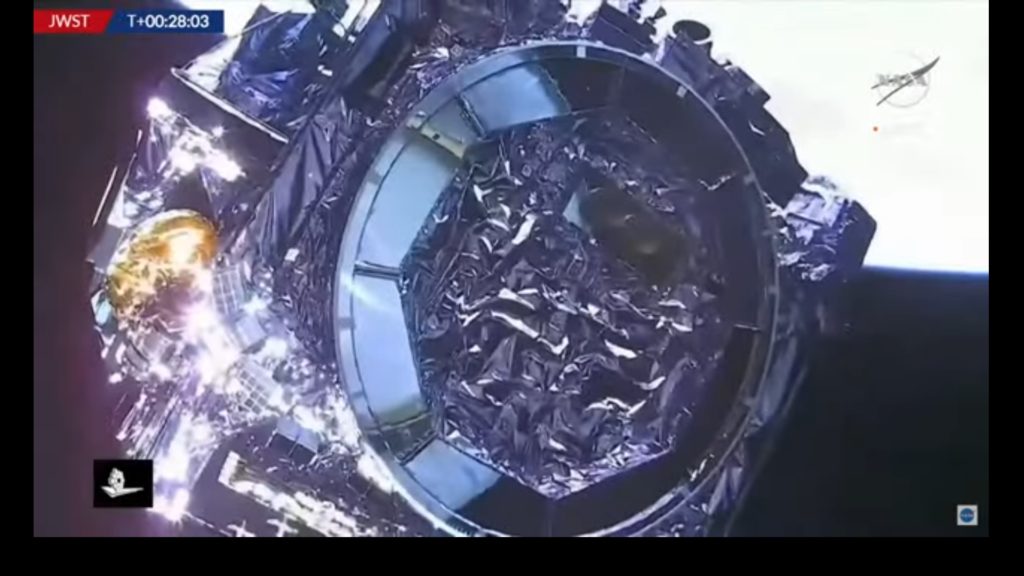Morning Ruminations is a place where I briefly discuss some of the things I think about as I go about my morning routine. These are short posts that contain thoughts, observations, and unrefined ideas, that may go on to be incorporated into full posts.

When prehistoric man looked into the night sky, they new nothing of supernovas, or black holes, or comic background radiation. They simply saw thousands of points of light, set in an endless expanse of nothingness, and it mesmerized them.
They made up stories of ancient heroes, vengeful gods, and merciful spirits, in an attempt to explain & understand the unexplainable.
Whenever I lay out under the stars, I like to try to shut off the logical part of my brain, and see the night sky as our prehistoric ancestors did. Of course, it never works… at least not for long. It’s impossible to unlearn, and my mind always drifts back to the science of it all. I’ve been captivated by space since I was a child, but some days I regret that I’ll never be able to appreciate it in the way that our ancestors did. They’re both equally mesmerizing, but in a different way.

I was 9 years old when the Hubble Space Telescope launched from the cargo bay of the Space Shuttle Discovery, on the 31st mission of the space shuttle program. She’s been captivating me with her images, and wowing me with her discoveries for 31 years now.
Today her successor, the James Webb Space Telescope launched on the back of an Ariane 5 rocket. She’ll be able to look back in time to the very beginning of our universe. In a few short months, Hubble will look like a child’s kaleidoscope.

She only has enough fuel onboard for about 10 years of service, and is out of range of manned spacecraft, however they’re already considering a possible robotic refuelling mission. If successful, I’ll be 72 years old by the time she’s been in service as long as Hubble.
Here’s to a lifetime of scientific discovery to look forward to!